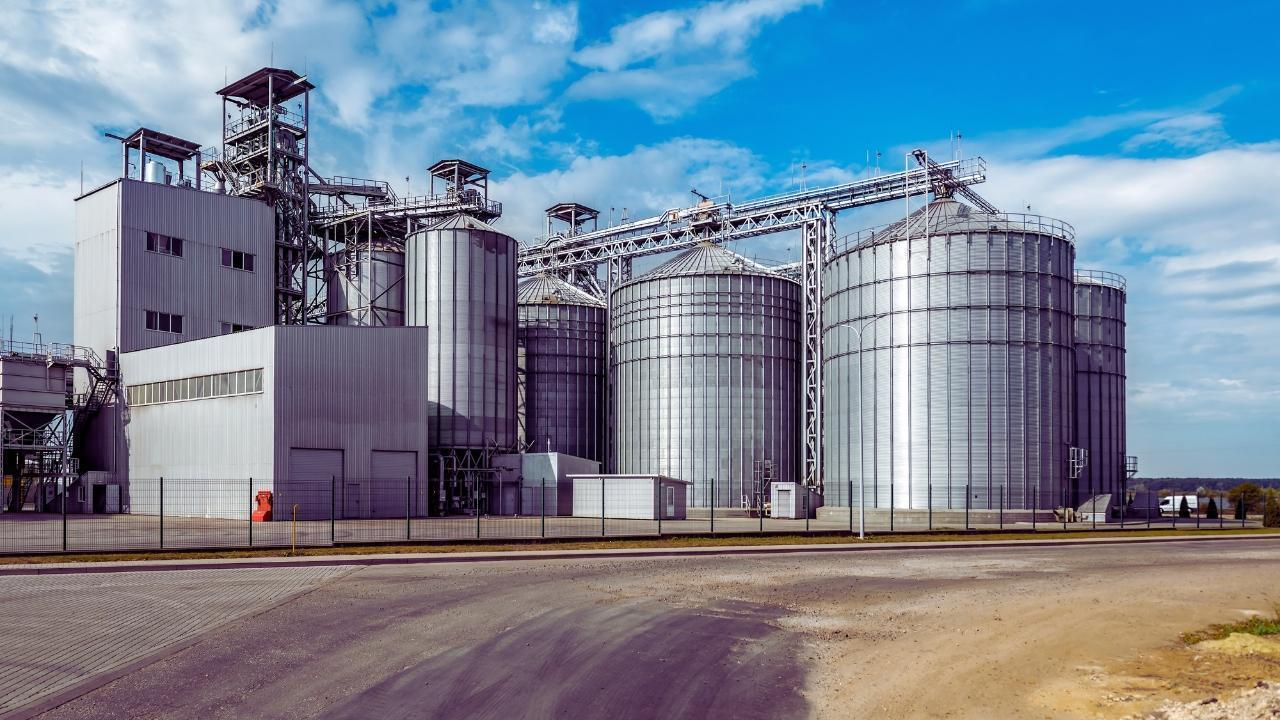You have not yet added any article to your bookmarks!

Join 10k+ people to get notified about new posts, news and tips.
Do not worry we don't spam!

Post by : Anis Farhan
Indonesia, the world’s largest producer of palm oil, is facing a pivotal moment in 2025 as its lucrative exports come under threat from new European Union deforestation regulations. With palm oil accounting for roughly 15% of Indonesia’s total exports and employing millions across rural areas, the stakes are high—not just economically, but geopolitically and environmentally.
In June 2023, the EU officially enacted its Deforestation-Free Products Regulation (EUDR), requiring companies to prove that products like palm oil, cocoa, coffee, and rubber are not linked to deforestation after December 31, 2020. The law is scheduled for full enforcement by December 2024, and 2025 marks the year of its real-world impact.
Now, as EU importers begin compliance checks, Indonesian palm oil shipments are slowing, and producers—large and small—are scrambling to meet traceability standards. At the same time, Jakarta is pushing back, calling the regulation a form of “green protectionism” that penalizes developing economies under the guise of environmental concern.
This unfolding trade battle is about more than just palm oil—it reflects broader tensions around sustainability, sovereignty, and shifting global trade norms.
Indonesia produced more than 46 million metric tons of crude palm oil (CPO) in 2024, exporting over 30 million tons primarily to India, China, and the EU. The sector contributes more than USD 25 billion to the national economy annually and supports the livelihoods of over 16 million Indonesians, including 4.5 million smallholder farmers.
For years, Europe has been a key market—especially for high-grade palm oil used in cosmetics, food, and biofuel. But since the EU’s deforestation law came into force, Indonesian palm oil shipments to the bloc have fallen by nearly 18% year-on-year, according to the Indonesian Palm Oil Association (GAPKI).
European importers now require geo-tagged proof that the palm oil comes from plantations not linked to illegal or recent deforestation, a technical hurdle many producers—especially smallholders—are struggling to overcome.
While some major Indonesian producers like Wilmar International and Golden Agri-Resources have begun implementing satellite-based land verification and blockchain-powered supply chains, smaller firms and cooperatives lack the infrastructure or technical capacity.
The EUDR requires operators to provide GPS coordinates for each plot of land linked to palm oil production. But in Indonesia’s fragmented, often informal supply chains, this is easier said than done. Many smallholders operate without official land titles, and even certified mills often source from hundreds of third-party growers.
Jakarta argues that the uniformity of the EU’s rules fails to account for local context, and that it unfairly penalizes small producers who have made genuine efforts to improve sustainability.
To assist with compliance, the Indonesian government has proposed a national traceability platform, known as SIPERIBUN, which aims to map and certify all palm plantations by 2026. However, progress has been slow, and the gap between EU expectations and Indonesia’s on-the-ground realities continues to widen.
The palm oil friction has now entered the diplomatic arena. In early 2025, Indonesia and Malaysia jointly filed a complaint at the World Trade Organization (WTO) against the EU, arguing that the deforestation regulation violates principles of non-discrimination and creates unfair barriers to trade.
Jakarta’s trade minister has called the regulation “a disguised restriction” that puts developing countries at a disadvantage and threatens global south livelihoods under the pretext of climate action. The EU, for its part, insists that the law is science-based, transparent, and necessary to meet its net-zero and biodiversity targets.
Several EU companies have already begun diversifying suppliers, sourcing more of their palm oil needs from Latin American countries like Colombia and Guatemala, which have faster digital compliance systems but far smaller volumes. This strategic shift is causing concern among Indonesian exporters who fear long-term loss of market share.
Despite the tensions, some industry leaders see the EU regulation as an opportunity to accelerate much-needed reforms. Indonesia’s palm oil industry has long struggled with reputational issues linked to illegal land clearing, peatland destruction, and labor rights abuses.
Adopting full traceability and sustainability certifications—such as RSPO (Roundtable on Sustainable Palm Oil) and ISPO (Indonesia Sustainable Palm Oil)—could improve access to premium markets, not just in Europe but also in Japan, South Korea, and the United States.
Multinational food companies and retailers are increasingly demanding verifiable sustainability, and compliant suppliers may gain long-term pricing power. In this light, Indonesia’s pivot toward green palm oil could be a competitive advantage rather than just a compliance cost.
Government-backed capacity building programs, including satellite training for smallholders and subsidies for digital compliance tools, have already begun in provinces like Riau and West Kalimantan. If scaled effectively, these programs could help thousands of small producers remain in global supply chains.
In the short term, Indonesia is diversifying its export markets to mitigate EU exposure. India and China now account for over 55% of palm oil imports, and Jakarta is working on new trade agreements and sustainability protocols that are less stringent but still credible.
While neither country has adopted rules similar to the EUDR, there is growing interest—especially in China—in traceability tech and green commodity standards. Analysts suggest that Indonesia could play a leading role in shaping alternative frameworks for ethical commodity trade in Asia and Africa, bypassing Western-centric models.
At the same time, Indonesia is encouraging downstream investment in biofuel, oleochemicals, and processed palm products, reducing reliance on raw CPO exports.
Indonesia’s confrontation with the EU over palm oil reflects a broader global tension between climate ambition and economic development. While environmental safeguards are crucial, they must also be accompanied by fair transition mechanisms for producers in the Global South.
Jakarta’s resistance is not just about palm oil—it’s about asserting agency in how sustainability is defined, measured, and enforced. As the world moves toward greener trade norms, the challenge will be to ensure that these transitions are inclusive, equitable, and collaborative—not imposed unilaterally.
Whether Indonesia bends or redefines the rules, its palm oil sector is on a new path—one that will shape the future of global trade, sustainability, and smallholder livelihoods.
This article is intended for informational purposes only. It does not constitute trade, legal, or environmental advice. Readers should consult relevant authorities and experts before making business or policy decisions.










Study Warns Using AI for Medical Advice Is ‘Dangerous’ as Users Get Inaccurate Health Guidance
A major new study reveals that artificial intelligence (AI) chatbots and tools may give misleading o

Top Sci-Fi Movies Streaming on Netflix This February: Must-Watch Picks for Genre Fans
A curated news-style guide to the best science fiction films currently available on Netflix in Febru

BCCI Central Contracts Shake-Up: Kohli, Rohit Moved to Grade B as Board Reshapes 2025–26 List
Virat Kohli and Rohit Sharma have been placed in Grade B in the BCCI’s 2025–26 central contract list

Dalal Street Spotlight: Top 10 Stocks Investors Are Watching as Markets Open on a High
Indian stock markets begin the week with strong momentum, and several blue-chip and mid-cap stocks a

Market Movers Today: Key Stocks Set To Watch In Indian Markets
Indian equity markets are poised for active trading as several major companies, including Bharti Air

Milan Welcomes the World: Inside the Grand Opening Ceremony of the 2026 Winter Olympics
The 2026 Winter Olympics opening ceremony in Milan marked a defining moment for global sport, blendi